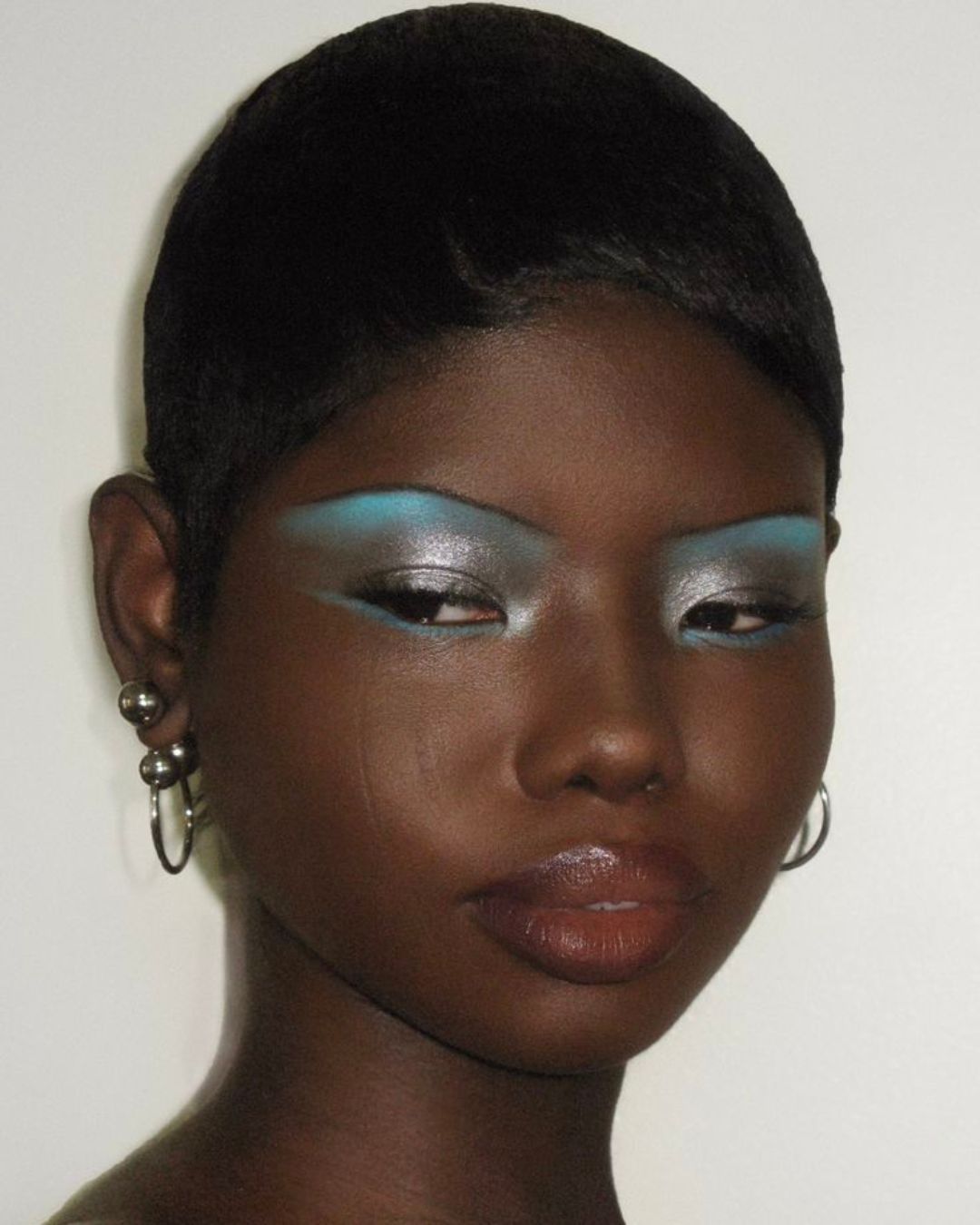
Do we really need products that enhance the appearance of our intimate areas? Gynecologists' advice
In the social media spotlight, it has become nearly impossible to avoid endorsements and advice about “must-have” products we supposedly need to try. From Instagram to TikTok, everyone has at some point come across a video about a “magic cream” while casually scrolling their feed. The latest trends never stop flooding our screens and often, when we stumble upon something we didn’t even know existed, we find ourselves asking: “Do I need this too?” It’s a kind of FOMO that has infiltrated the beauty and skincare world and now confuses us even more when it comes to personal hygiene. Recently, one category of products has particularly caught the public’s attention and divided opinion online: cosmetics and treatments designed to improve the appearance of female intimate areas. From hydrating and soothing masks to whitening creams and perfumed sprays, users are openly discussing this new frontier in intimate skincare and sharing their purchases. But how much do we actually know about these products? And more importantly, do they truly provide any benefit to our intimate areas, or are they simply another aesthetic trend?
To answer these questions, we spoke with gynecologists who helped shed some light on the matter. Dr. Mizar Paragona explains: "The market is always searching for new niches, and aesthetics in any area is fertile ground. So, it’s not surprising that even this topic is being turned into a trend to generate demand. The need to moisturize and soothe can be legitimate, especially in certain age groups (such as post-menopause) or in specific situations (like using hormonal contraceptives). That’s why there are already remedies that we gynecologists are aware of and prescribe when necessary. It’s also important to remember that the vulva and vagina are a unit. So, moisturizing and soothing only the external genitalia may be pointless, and perfuming them could even be harmful.” Dr. Marina Cortese adds another important perspective: "While soothing or moisturizing products can be useful, for instance after hair removal (though there are doubts about moisturizing ones, in cases of vulvar dryness, it’s better to implement a daily, consistent treatment), the use of products that whiten or perfume the vulva makes absolutely no sense.”
Can these products be used by everyone, or should a doctor be consulted first?
Dr. Cortese emphasizes a crucial issue: How well do we question ourselves? Where is the line between taking care of ourselves and needing professional advice? The gynecologist explains: "As with any topical product, irritation and allergies can occur. In general, self-medication can be problematic: If there’s dryness, why? If there’s an unpleasant odor, what’s the cause? The risk - sometimes a serious one - is overlooking important health conditions.” Dr. Paragona agrees about the potential for allergic reactions and adds: "Like all topical products, if used over long periods, these items can cause imbalances and allergic reactions. Moreover, women who tend to use these products without a medical condition (e.g., lichen or atrophy) or symptoms (e.g., pain during intercourse), are often those who overdo intimate hygiene, waxing, or wear pantyliners frequently. All of these factors contribute to dryness and recurring bacterial vaginosis, creating a vicious cycle that these products fit right into, perpetuating it." She concludes by saying that medical supervision can be useful to identify behaviors that, rather than helping, lead to the increased use of such products without solving the actual issues.
Why has the need for these products arisen among consumers?
New standards often create new insecurities. We already know this: we want to be like others -mlike the people we see on screens, like the countless videos we scroll through each day. We long for shiny hair like our favorite influencer, skin like that of a red carpet actress, and the physique of a runway it-girl. Was it really necessary to add yet another piece to the puzzle of unattainable beauty standards? Often, these desires aren’t even our own—they’re planted in us unconsciously by the endless algorithmic spiral. Dr. Paragona comments: "In recent years, the trend of denying the natural changes life brings, or the push towards conforming to standardized beauty ideals, couldn’t avoid extending to this area as well. This is a space particularly vulnerable to insecurity. Ideally, people could work on their own inner resources, but that’s not an easy path for everyone. It’s not about normalizing these products: they’re already normalized. They’re part of a trend towards sexual infantilization and conformity that’s deeply rooted, as we can also see in trends around intimate hair removal.” She also points out that Durex already played with this idea in a humorous ad 11 years ago, highlighting a concept that today is expanding into male grooming as well. Dr. Cortese reinforces the idea of infantilization, though that’s not the only thought-provoking issue she raises: "The pressure on women to meet beauty standards has become so extreme that it now affects even parts of the body visible only during intimacy. A lightened vulvar skin tone evokes childhood: with puberty, the vulva naturally becomes more pigmented. This infantilization (not to mention vulvar cosmetic surgery aimed at creating prepubescent-looking genitals) stems largely from pornography and the need to make women sexually compliant like children. Perfumed products, on the other hand, eliminate all the natural chemical signals that lead to attraction and arousal, covering up body scent turns sex into a sterile performance.”
@aamnaadel Feminine hygiene tips EVERY girl needs to know
As the gynecologist points out, more and more women are turning to cosmetic surgery. Think vaginal fillers injected into the labia majora to increase volume and give the intimate area a more “youthful” appearance. The hydrating masks and whitening creams promoted on TikTok are simply a consequence of this movement that’s pushing us toward perfection, even where it can’t be seen. Listen to your body’s real needs, and always make sure you're informed before making any purchase.





















































